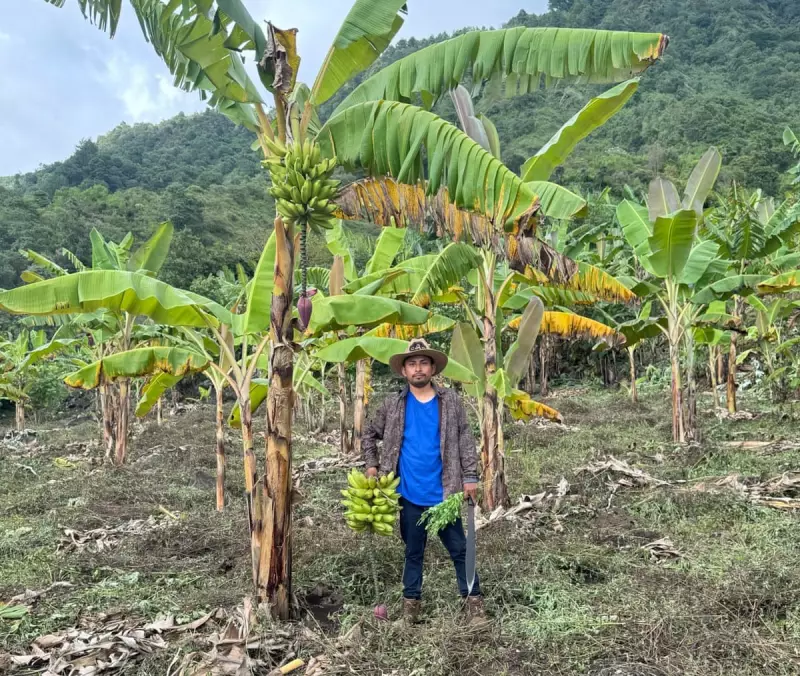
The stark reality of US immigration enforcement has been brought into sharp focus following the deportation of a Mexican farm worker who had resided in the country for 16 years. The man, identified as a vital contributor to the agricultural sector, was detained and removed by Immigration and Customs Enforcement (ICE), severing his ties to a family and community he had built over nearly two decades.
This case underscores the ongoing tensions and human consequences at the heart of American immigration policy. The individual in question had become a settled member of his local area, yet was deemed a priority for removal by federal authorities.
A Life Uprooted
According to reports, the deportation proceeded despite the worker's deep roots in the United States. His sudden removal has left his family, including children who are likely US citizens, facing an uncertain future and the painful choice between staying or following him to Mexico.
Advocacy groups have pointed to this case as a prime example of what they describe as a flawed and often cruel system. They argue that long-term residents who pose no threat to public safety are regularly targeted, causing unnecessary trauma and destabilising communities.
The Broader Policy Context
This incident occurs against a backdrop of continued debate over the scope and focus of ICE's enforcement actions. Critics contend that the agency's priorities should be reassessed to avoid breaking apart families and removing productive members of society.
The agricultural industry, which relies heavily on migrant labour, often finds itself at the centre of this political firestorm. The deportation of experienced workers can create instability for farms and local economies that depend on their skills.
As the debate over comprehensive immigration reform remains stalled in Washington, stories like this one serve as a poignant reminder of the personal tragedies that unfold daily as a result of current policies.






